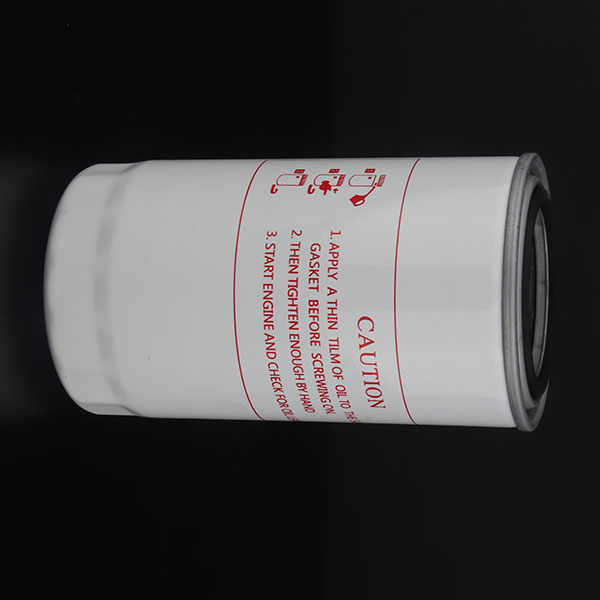Sep . 22, 2024 07:29 Back to list
best auto air filter materials
The Best Auto Air Filter Materials A Comprehensive Overview
Automotive air filters play a crucial role in maintaining vehicle efficiency and performance. They serve the essential function of removing contaminants from the air entering the engine, which is vital for optimal combustion and engine health. The effectiveness of these filters largely depends on the materials used in their construction. In this article, we will delve into the best materials used in auto air filters and their respective benefits.
1. Paper Filters
Paper filters are among the most commonly used air filter materials in the automotive industry. Made from cellulose or synthetic fibers, these filters effectively trap dirt and debris while allowing a sufficient flow of air. The pleated design increases the surface area, enhancing their filtration capacity. While they are efficient and affordable, paper filters can become less effective once they are saturated with dirt and need regular replacement. However, their widespread availability and low cost make them a practical choice for many vehicle owners.
2. Foam Filters
Foam filters are another popular option, especially among off-road enthusiasts. Constructed from polyurethane foam, these filters are known for their excellent filtration capabilities and durability. Foam filters can be washed and reused, making them cost-effective in the long run. They are particularly effective in trapping larger particles and provide good airflow, which can enhance engine performance. However, proper maintenance is essential, as foam filters require regular cleaning and oiling to maintain their performance.
3. Cotton Gauze Filters
best auto air filter materials

Cotton gauze filters, often found in high-performance vehicles, are made from layered cotton fibers soaked in a special oil. This combination allows for superior filtration while maximizing airflow. The oil captures dust and debris effectively without restricting the engine's air supply. These filters are reusable and can last for many years with proper cleaning and maintenance. Their initial cost may be higher than paper or foam filters, but the longevity and performance benefits often justify the investment, especially for performance-oriented drivers.
4. Synthetic Filters
Synthetic air filters have gained popularity due to their advanced filtration technology. Made from synthetic materials, these filters can trap smaller particles compared to traditional paper filters. They not only provide superior airflow but also have a longer lifespan, which means fewer replacements and reduced maintenance costs. Synthetic filters are resistant to moisture and can perform well in a variety of conditions, making them a versatile choice for vehicle owners.
5. Activated Carbon Filters
For those seeking additional benefits, activated carbon filters can be an excellent option. These filters use activated carbon to absorb hydrocarbons and other volatile organic compounds from the air. While primarily used in cabin air filtration, their presence in some engine air filters can help reduce harmful emissions. This makes them an optimal choice for environmentally conscious drivers looking to minimize their vehicle’s impact on the environment.
Conclusion
Choosing the right air filter material can significantly impact your vehicle's performance, longevity, and efficiency. Understanding the pros and cons of each type—be it paper, foam, cotton gauze, synthetic, or activated carbon—will help you make an informed choice that aligns with your driving style and maintenance preferences. By investing in a high-quality air filter, you can ensure that your engine operates smoothly and efficiently, enhancing your overall driving experience.
-
Durable Sintered Porous Metal Filter Tube Cup & Machines
NewsJul.22,2025
-
Effective Active Carbon Air Filter for Purifiers | Eliminate Odors
NewsJul.21,2025
-
PLJT-250-25 Full-auto Turntable Clipping Machine | Efficient Automation
NewsJul.20,2025
-
Cheap PLJY109-500 Full-Auto HDAF Expanded Mesh Spiral Coiling Machine - High Efficiency & Quality Manufacturer
NewsJul.08,2025
-
Best PLHJ-6 Full-Auto Eco Filter Rotary Heat Plating Machine - High Efficiency & Eco-Friendly Solution
NewsJul.08,2025
-
High-Efficiency Paper Pleating Machine for Filters Trusted Filter Paper Pleating Machine Company
NewsJul.07,2025
